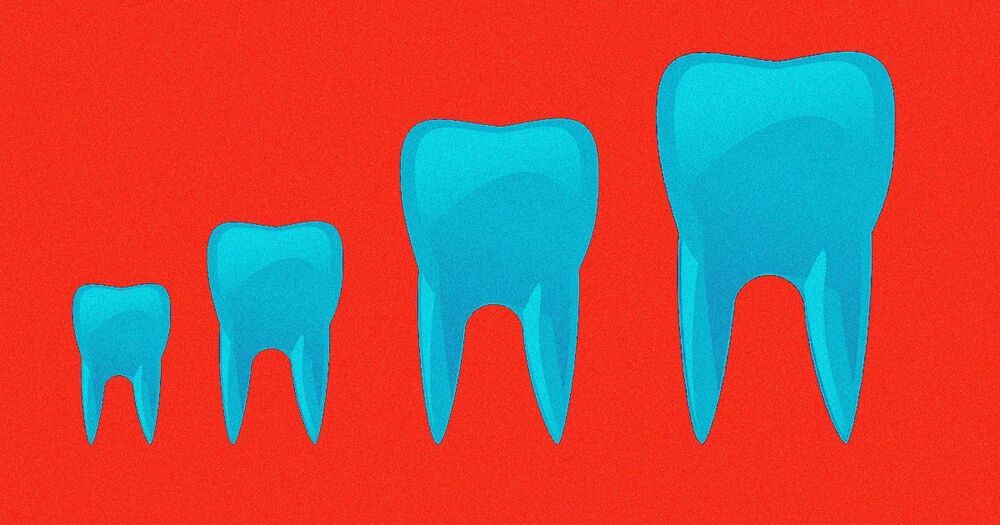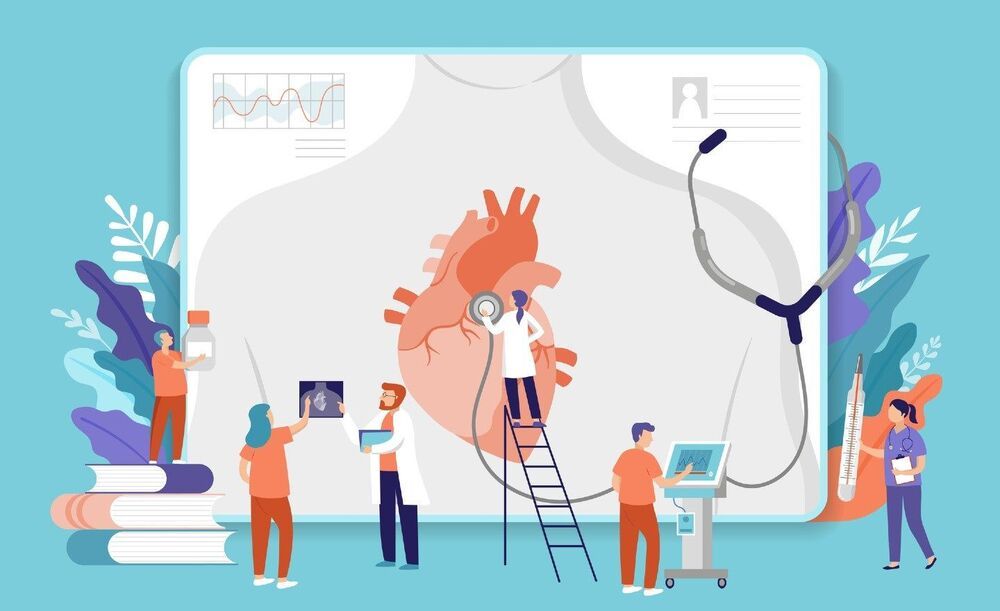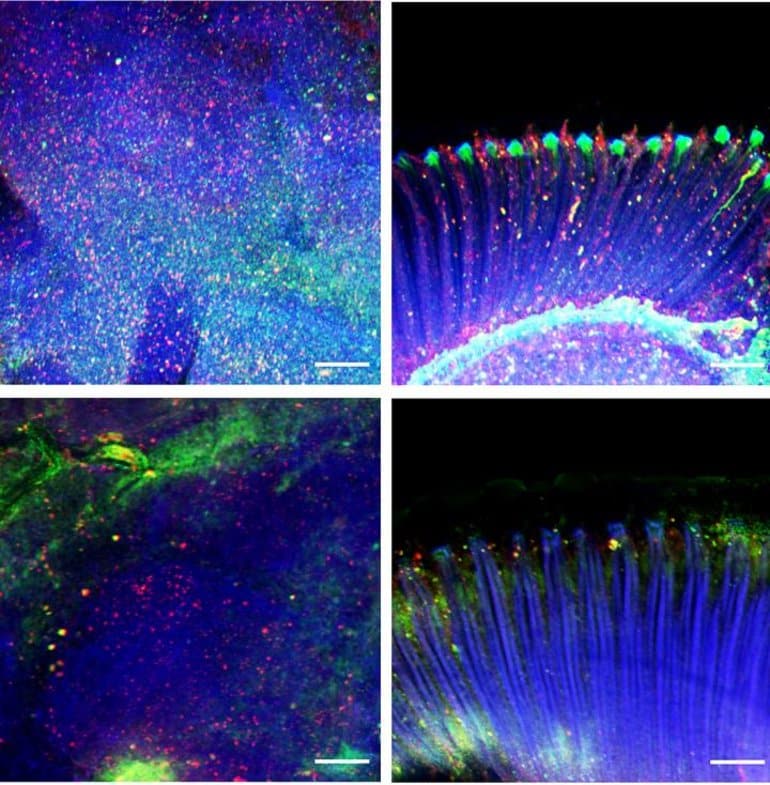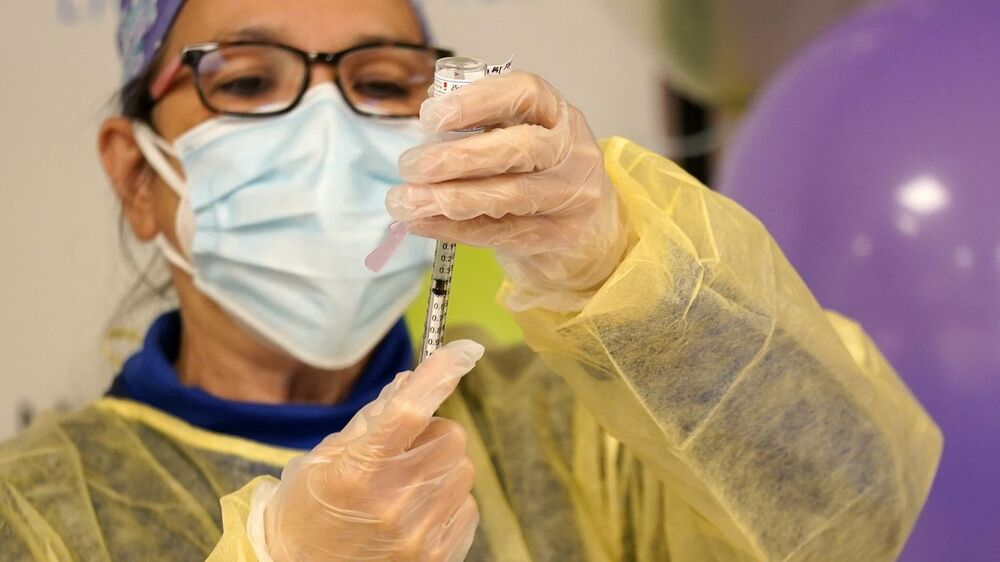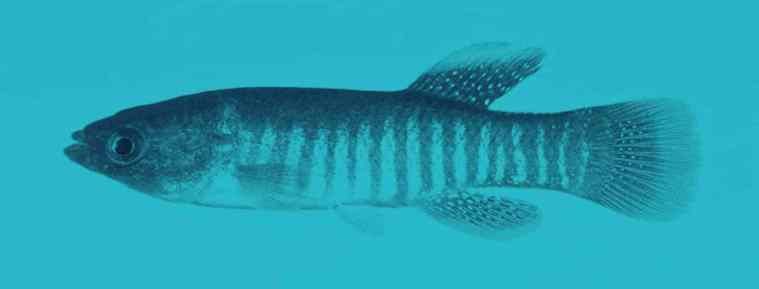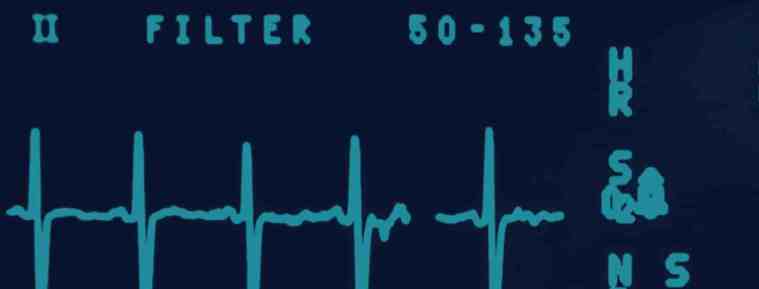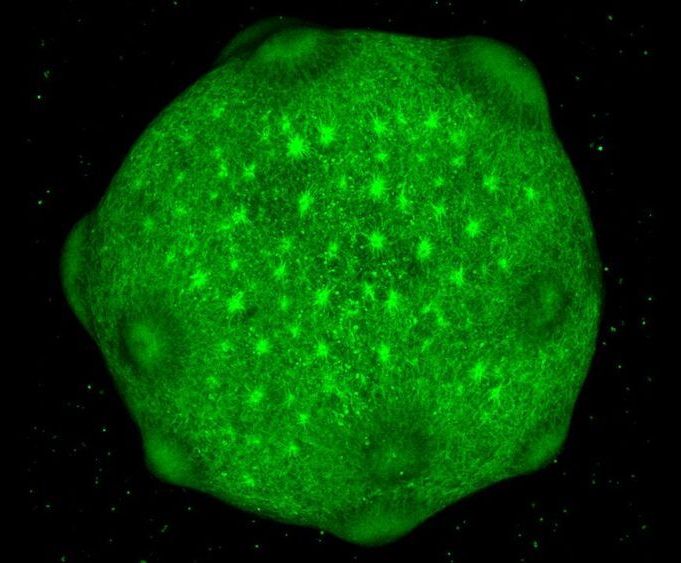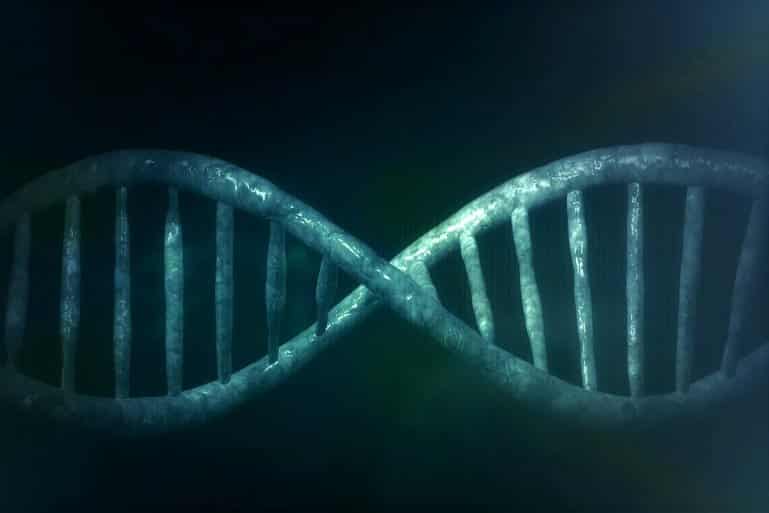Page 6093
Mar 29, 2021
Autonomous hives could save bee populations
Posted by Future Timeline in category: robotics/AI
With bees in decline globally, one Israeli company has developed a technological solution that could restore their populations.
Mar 29, 2021
The Higgs Boson and the Creation of Forces and Mass
Posted by Quinn Sena in categories: nuclear energy, particle physics, quantum physics
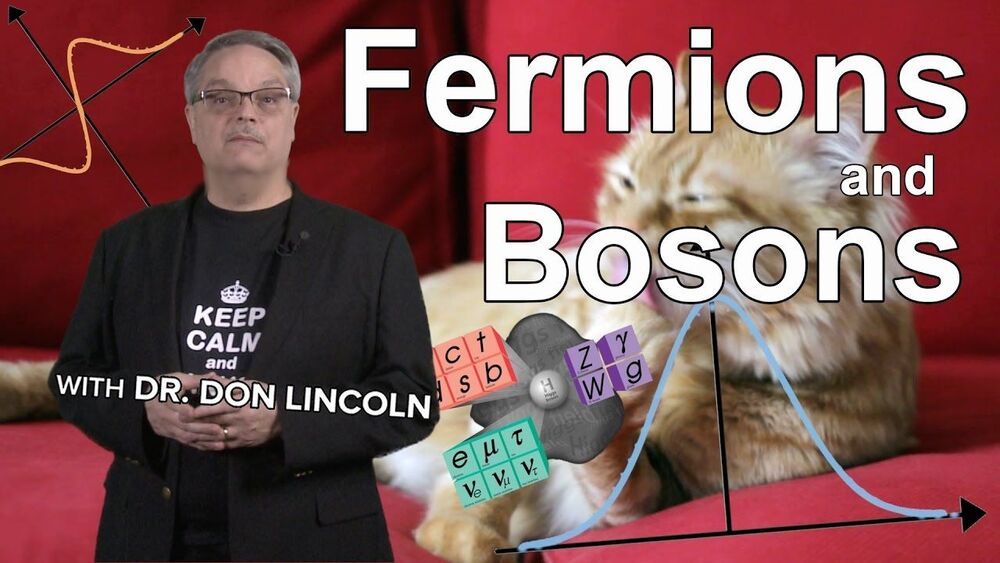
A force is something which tends to change the state of rest or state of motion, or size, shape, the direction of motion of a body, etc… There are four fundamental forces: gravitational, electromagnetic, strong nuclear and weak nuclear forces. These forces are responsible for all possible interactions that can take place in this universe, from planets orbiting a star to protons and neutrons confined in the nucleus of an atom. In classical physics, the assumption was that an imaginary field exists, through which a force can be transmitted. But with the advent of quantum mechanics, this idea was changed radically. A field exists, but that is a quantum field. The field vibrates gently, and these vibrations give rise to particles and their corresponding antiparticle partners, i.e., particles with opposite charge. But these particles can exist for a limited amount of time. What gives rise to forces then? Particles called bosons. Bosons, named after Indian physicist Satyendra Nath Bose, are particles, the exchange of which give rise to forces. Bosons, along with the fermions (which make up matter), are referred to as elementary particles [1].
In quantum mechanics, energy can be temporarily ‘borrowed’ from a particle. But, as per Heisenberg’s uncertainty principle, the greater the amount of energy you ‘borrow’, the sooner you must return it [2].
Continue reading “The Higgs Boson and the Creation of Forces and Mass” »
Mar 29, 2021
In a breakthrough researchers identify cancer cells
Posted by Genevieve Klien in categories: biotech/medical, robotics/AI
The team used artificial intelligence techniques to analyze the pH inside cells and determine if they were cancer cells.
Mar 29, 2021
Signals From Muscle Protect From Dementia
Posted by Genevieve Klien in categories: biotech/medical, life extension, neuroscience
Summary: Mimicking a muscular stress system can provide neuroprotection against aging in both the brain and retina. The signal helps prevent the buildup of misfolded protein aggregates.
Source: St. Jude Children’s Research Hospital.
How do different parts of the body communicate? Scientists at St. Jude are studying how signals sent from skeletal muscle affect the brain.
Mar 29, 2021
Florida Becomes 3rd U.S. State To Identify New Coronavirus Variant
Posted by Teresa Lynn in category: biotech/medical
Welcome to 2021! We left 2020 with COVID-19, yet it continues into the new year; on top of it the virus produced a much more contagious asshole!!!
The evolved strain of COVID-19, known as B.1.1.7, has shown itself in the USA as well as other countries.
Two male members of the Colorado National Guard tested positive for the new strain — referred to as B.1.1.7 or VUI-202012/01 — and neither reported international travel. At least one of the two men is in his 20s.
Continue reading “Florida Becomes 3rd U.S. State To Identify New Coronavirus Variant” »
Mar 29, 2021
Can Your Gut Microbiome Help You Age Slower?
Posted by Rachel Burger in categories: biotech/medical, life extension
The more diverse your microbiome, the healthier you are. While diet is often presented to be the deciding factor in your microbiome diversity, the story isn’t so simple. Studies show that nutrition can determine 5%-20% of your gut microbiome, which is enough to concern yourself with, but not enough to rely on as the sole determinant of your microbiome’s health.
Does your gut microbiome have an impact on your longevity? And if so, what can you to live longer? It’s complicated.
Mar 29, 2021
3 Best Wearables for Life Extension in 2021
Posted by Rachel Burger in categories: food, life extension, wearables
One wearable emerged victorious over the others in each of the three categories. I’m including the runners-up for context and to provide an alternative if you’re not convinced by my top pick.
Affiliate Disclaimer: Longevity Advice is reader-supported. When you buy something using links on our site, we may earn a few bucks.
I came to the human life extension community not as a spanner (initially), biohacker, or a young person filled with existential dread, but as a person obsessed with quantified self. As a teen, I used pencil and paper to track my sleep and my food intake. As a college student, I wore a pedometer and tracked my daily steps on a spreadsheet. In 2014, Fitbit released the Fitbit Force, and since then I’ve had some version of top wearable on my wrist, continuously tracking what I do.
Continue reading “3 Best Wearables for Life Extension in 2021” »
Mar 29, 2021
Brain cell clusters, grown in lab for more than a year, mirror changes in a newborn’s brain
Posted by Jason Blain in categories: biotech/medical, chemistry, genetics, neuroscience
Stanford University neurobiologist Sergiu Pașca has been making brain organoids for about 10 years, and his team has learned that some of these tissue blobs can thrive in a dish for years. In the new study, they teamed up with neurogeneticist Daniel Geschwind and colleagues at the University of California, Los Angeles (UCLA), to analyze how the blobs changed over their life spans…
…They noticed that when an organoid reached 250 to 300 days old—roughly 9 months—its gene expression shifted to more closely resemble that of cells from human brains soon after birth. The cells’ patterns of methylation—chemical tags that can affix to DNA and influence gene activity—also corresponded to increasingly mature human brain cells as the organoids aged, the team reports today in Nature Neuroscience.
Organoids develop genetic signatures of postnatal brains, possibly broadening their use as disease models.
Mar 29, 2021
A Sleep Disorder Associated With Shift Work May Affect Gene Function
Posted by Jason Blain in categories: biotech/medical, genetics, health, neuroscience
Sleep deprivation causes an inflammatory response that results in negative health outcomes.
Summary: Study sheds light on DNA methylation related to sleep deprivation in those with shift-work disorder.
Source: University of Helsinki
Continue reading “A Sleep Disorder Associated With Shift Work May Affect Gene Function” »
